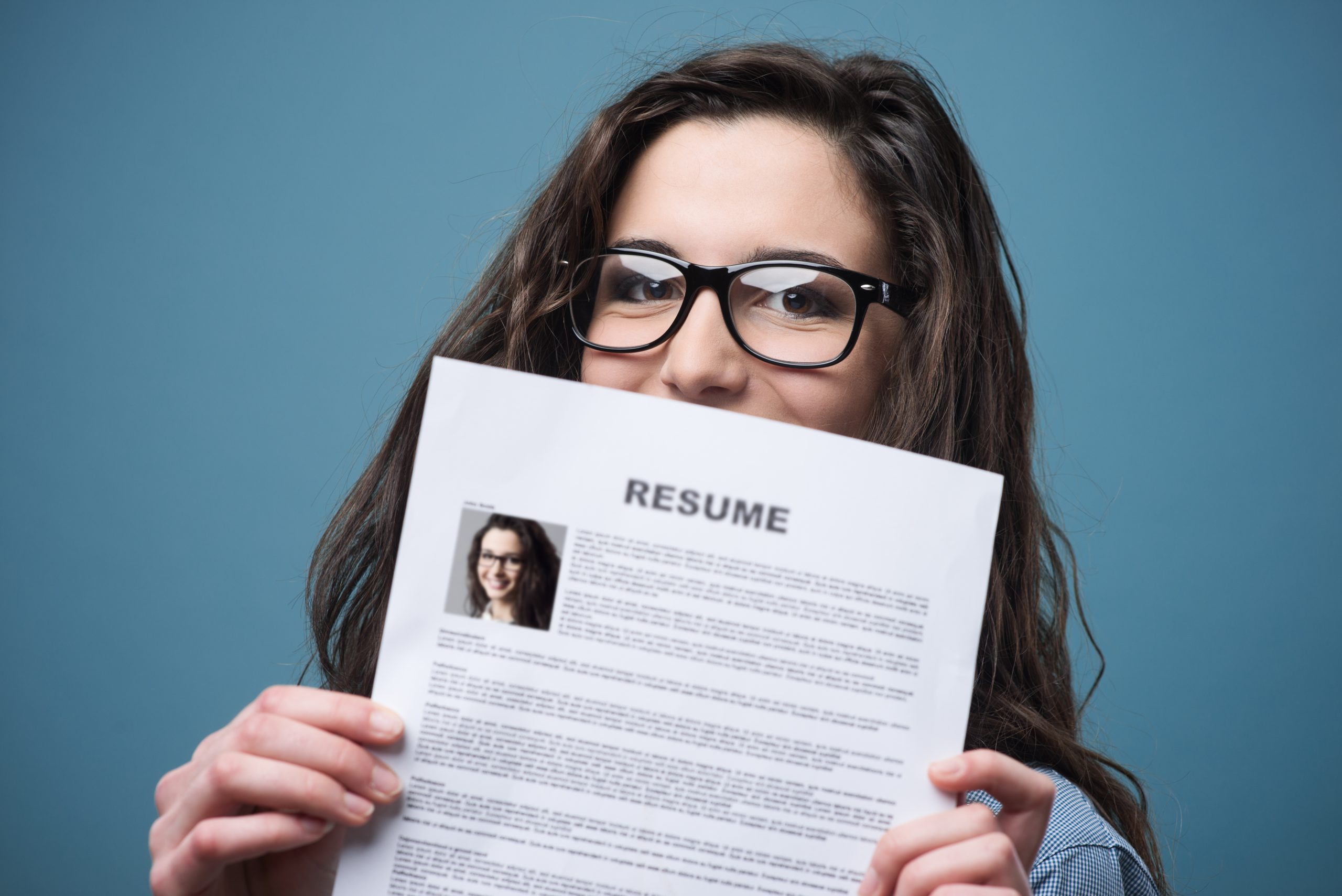Blog
Resumes – if they’re worth writing, they’re worth proofreading

Why is it important for someone to proofread your resume?
Proofreading * your resume is particularly important if you intend to apply for jobs that require good writing skills or attention to detail. But even when applying for jobs that don’t need those skills – e.g. roles in retail, or hospitality – a spelling mistake might make the difference between your potential employer giving you a ring to arrange an interview, or your potential employer not calling you for an interview because there were spelling mistakes in your resume.
No matter how good your experience or skills or what sort of job you’re applying for, a resume that contains spelling or punctuation errors says: I’m unprofessional and have poor writing skills.
On the other hand, a resume that is well-presented with no errors says to a potential employer: I’m professional and have good writing skills.
* Note: ‘proofreading’ as described in this article is what editors call ‘copy editing’. For more information about these definitions, go to: Copy editing/proofreading explained.
Can I use spellcheck, or Chat GPT, as my proof reader?
If you rely on MS Word’s spellcheck to ensure your resume is error-free, prepare to be disappointed: unlike a human proofreader, Spellcheck won’t notice or correct all errors. An example of a recent error I noticed in a resume that had been spellchecked, and sent to employers, by a client was the spelling of ‘compliant’ (e.g. compliant with regulations) as ‘complaint’. Other examples of errors that can slip through spellcheck are: incorrect spelling of ‘their’ (or they’re or there); ‘on’ instead of ‘no’; or one letter typed incorrectly in the word ‘case’ which could result in ’cause’, ‘base’, ‘came’, ‘cave’, ‘cast’, etc.
That said, spellcheck is indeed a handy tool for picking up typos prior to manually proofreading a document. Australian readers, note that you’ll need to change the language settings in spellcheck from its standard US English to either Australian or UK English. Here are the instructions for doing this in MS Word: Changing spellcheck to Australian or UK English.
If you are tempted to use AI to edit or proof read your resume for you, also be prepared to also closely check AI’s style of editing or proof reading. It will probably do a good job,but it may use a style that’s not your preference, or it may (if you ask it to “edit” the resume) change the wording, when your own original wording is as good or better than AI’s edited version. So – beware.
Can I proofread my own resume?
After writing and editing your resume, I suggest that if you ask a colleague with good knowledge of spelling, grammar and punctuation to proofread your resume for you. They are likely to notice errors you have not noticed and/or discover something important that you’d left out (e.g. your email address, page numbers, or a date).
However, if you don’t have a colleague with good knowledge of spelling, grammar and punctuation available to help you, you can do the following.
- Ask a professional proofreader to proofread your resume. As long as it includes all the information and has been well-written, formatted and self-edited and is ready for proofreading, the proofreading shouldn’t take longer than an hour or so, and the task won’t cost you more than $200.
- If your own spelling, grammar and punctuation knowledge is very good, you can try proofreading your own resume. If you follow the below Tips for proofreading your resume yourself, the result is likely to be pretty good. *
* Even skilled writers and editors ask someone else to proofread their own written work. If you’ve written it yourself, you tend to miss minor errors that a “fresh set of eyes” can notice.
Tips for proofreading your OWN resume
- You need to have good knowledge of spelling, punctuation and grammar. If you don’t, you won’t be able to correct the mistakes in your resume. Ask someone else to proofread your resume.
- If you wrote the resume earlier in the day and attempt to proofread it yourself later in the day, you will tend to not notice some of the minor errors in the document because you know the material too well. Whereas if you wait a couple of days and then proof reading the resume, you are far more likely to notice those minor errors.
- When you proofread your own resume, read it aloud. If you use this method of proof reading you are far more likely to notice the minor errors.
- If you are the only person proof reading your resume, you should proofread it two or three times (with a few hours’ or a day’s break between proof reads) to make sure it is error-free.
Further reading (about writing and editing resumes)
Image: Pixabay (Creative Commons licence – no attribution required)
Back To Blog

